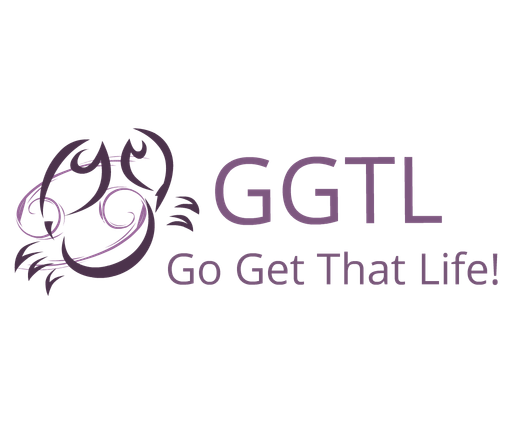Education in the US is on a trajectory of transformation, driven by technological advancements, evolving pedagogical approaches, and changing societal needs. By 2025, several key trends are expected to reshape the educational landscape, shaping the experiences of students and educators alike.
Personalized learning is anticipated to gain further prominence, with educational institutions leveraging data analytics and artificial intelligence to tailor instruction to individual student needs. This approach aims to cater to diverse learning styles and paces, fostering greater engagement and understanding among students. As a result, traditional, one-size-fits-all teaching methods may give way to more adaptive and personalized learning experiences.
Furthermore, the integration of technology is set to become even more pervasive in educational settings. Augmented and virtual reality tools are likely to be increasingly integrated into curricula, offering immersive and interactive learning opportunities. Additionally, the widespread adoption of digital resources and e-textbooks may continue, reducing reliance on traditional printed materials and enabling cost-effective access to a wealth of educational content.
The concept of blended learning, which combines in-person instruction with online resources, is poised to become firmly entrenched in the educational landscape by 2025. This model offers flexibility and accessibility, accommodating diverse schedules and learning preferences. With the boundary between physical and virtual classrooms becoming more porous, educators and students will have greater opportunities to collaborate, communicate, and learn beyond the constraints of traditional learning environments.
In response to the evolving demands of the job market and the broader economy, there is likely to be an increased emphasis on equipping students with future-ready skills. Curricula may lean towards nurturing competencies such as critical thinking, problem-solving, creativity, and digital literacy. This shift reflects a growing recognition of the importance of holistic skill development to prepare students for success in an increasingly dynamic and interconnected world.
Another significant development on the horizon is the advancement of competency-based education. This approach, which focuses on mastery of specific skills or knowledge areas, rather than simply accumulating credit hours, offers a more flexible and tailored path to academic progression. By allowing students to advance based on their demonstration of proficiency, rather than time spent in a classroom, competency-based education can accommodate individualized learning journeys and potentially enhance overall learning outcomes.
Furthermore, the role of educators is anticipated to evolve to meet the changing demands of the education landscape. Teachers may increasingly serve as facilitators of learning, guiding students in navigating resources, developing critical thinking skills, and driving inquiry-based learning experiences. This shift emphasizes the importance of cultivating independent, lifelong learners who are equipped to adapt to evolving academic and professional challenges.
Inclusivity and diversity are also poised to be central themes in education by 2025. Efforts to create more equitable learning environments and promote cultural competency are likely to be at the forefront of educational initiatives. This may encompass the integration of diverse perspectives into curricula, the provision of resources to support students from varying backgrounds, and the promotion of inclusive teaching practices that embrace the richness of diverse experiences and identities.
In conclusion, education in the US is heading towards a future characterized by personalized, technology-enhanced, and skill-focused learning experiences. The intersection of technological innovation, pedagogical evolution, and societal shifts is poised to shape a dynamic and adaptive educational landscape, equipping students with the competencies and tools they need to thrive in the years to come. Although the specific manifestations of these trends may vary across different educational contexts, the overarching direction seems clear: a future-oriented, inclusive, and learner-centric approach to education.



